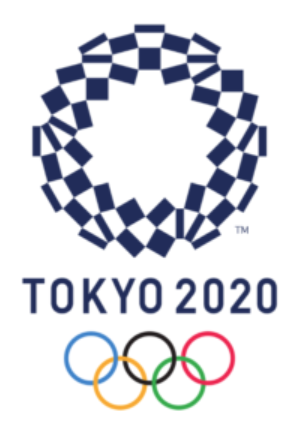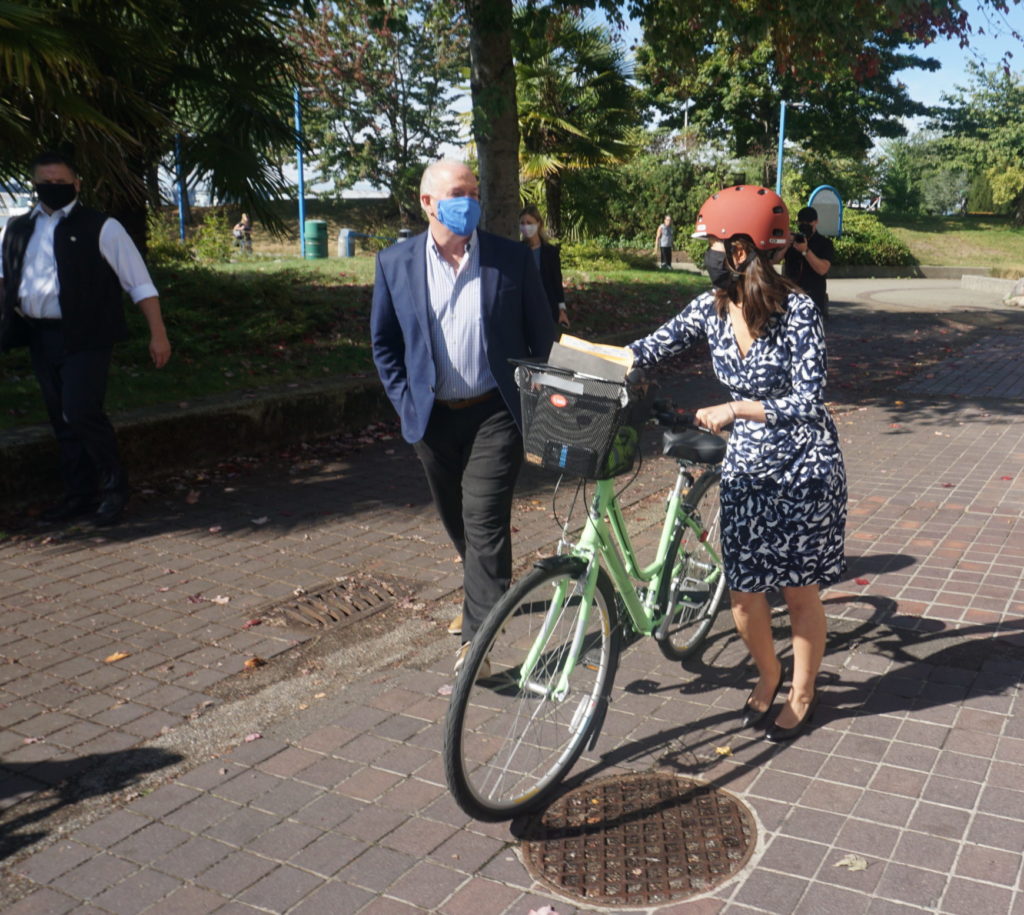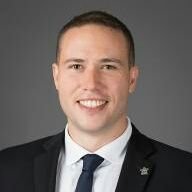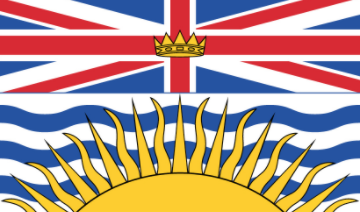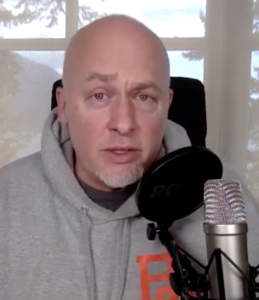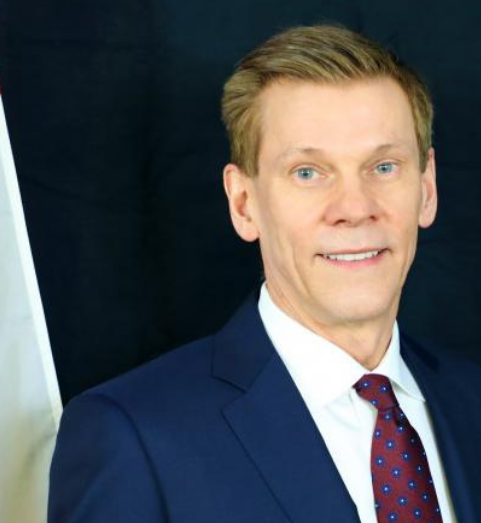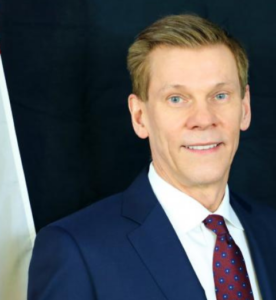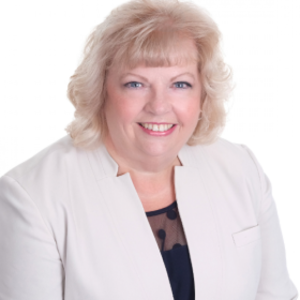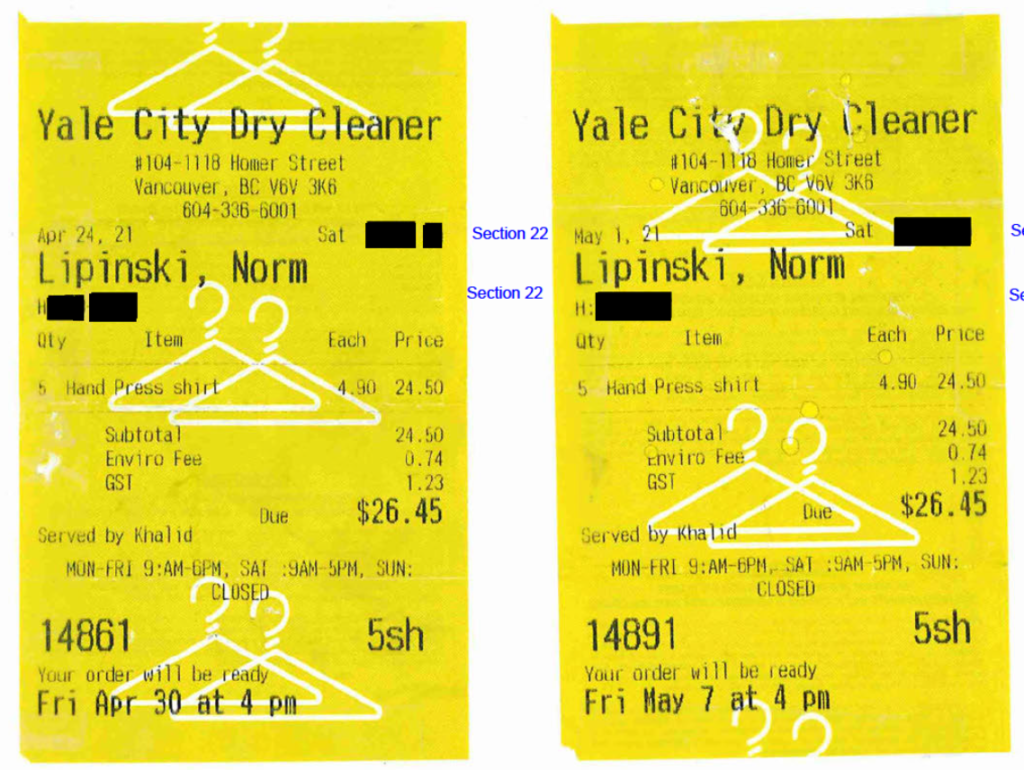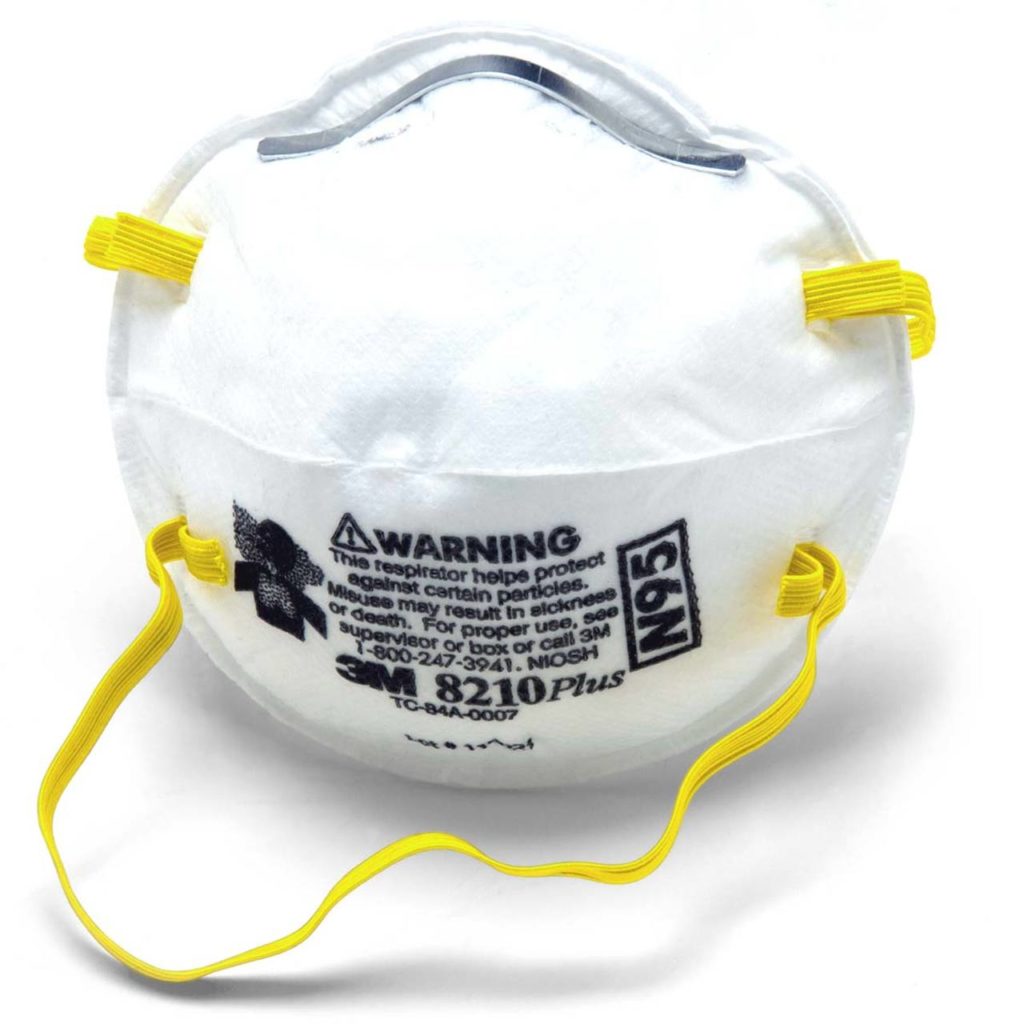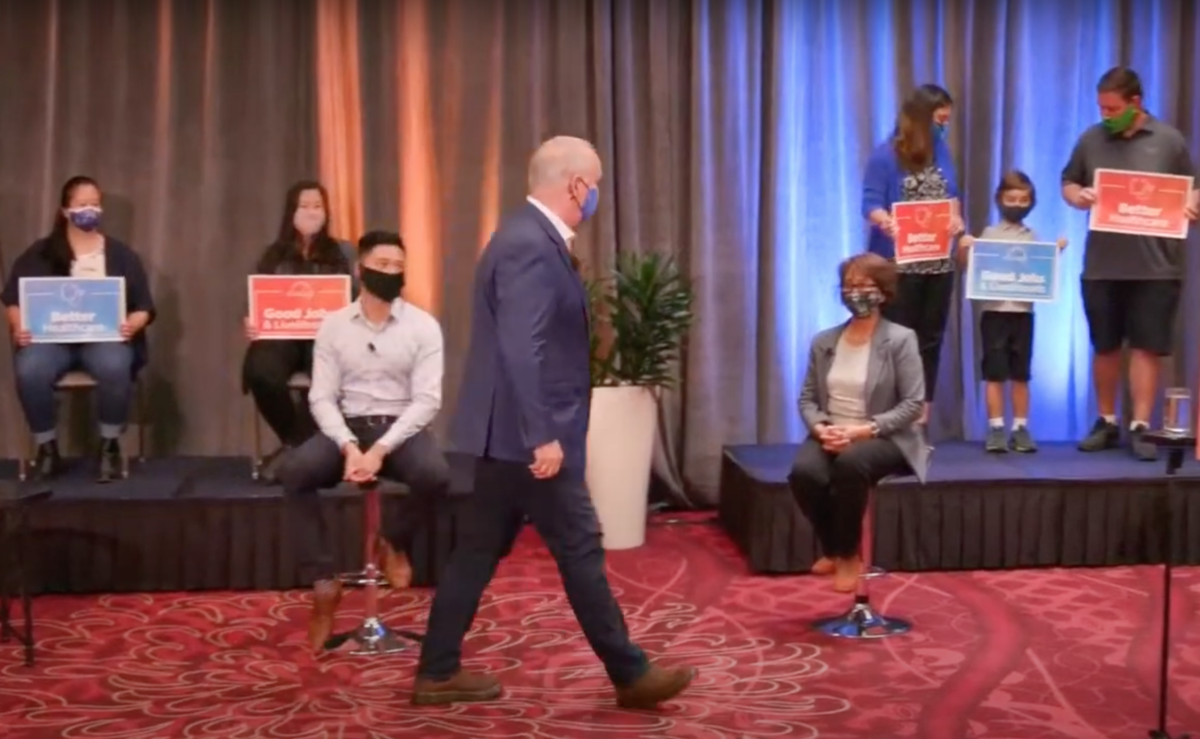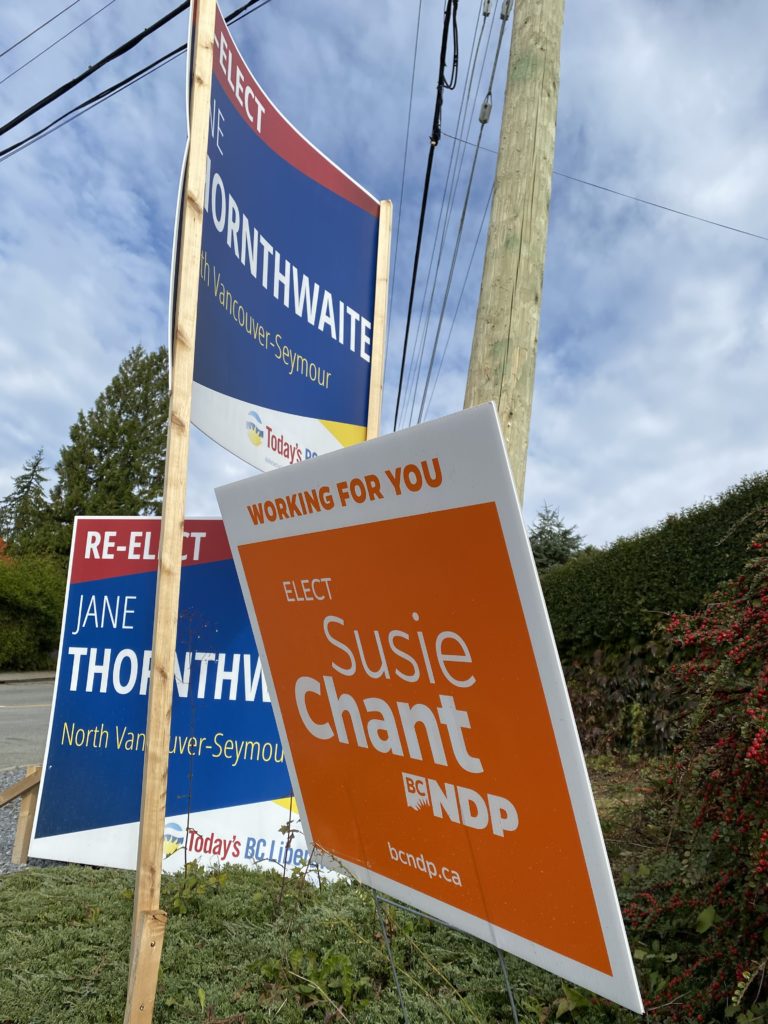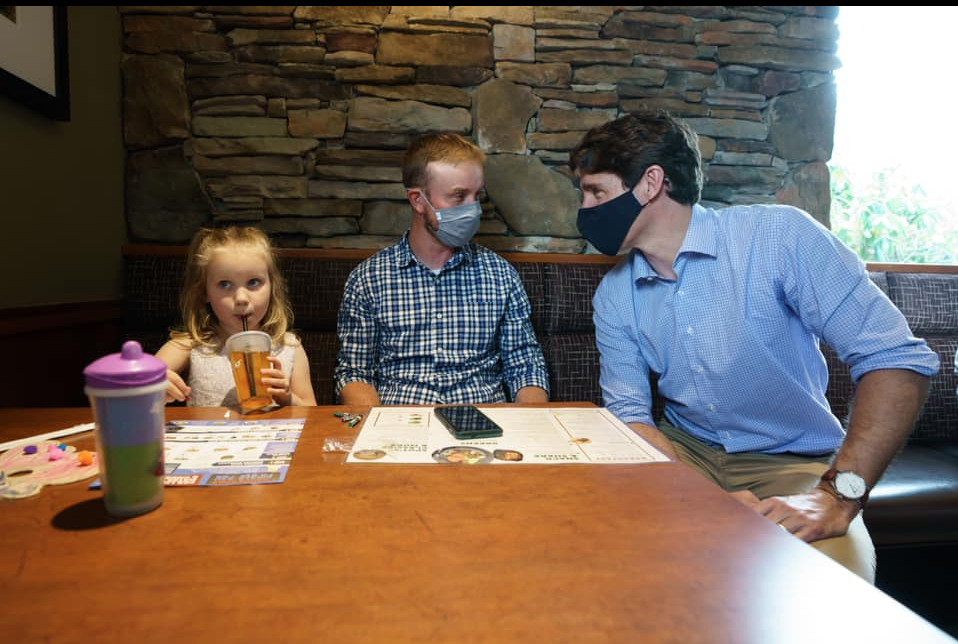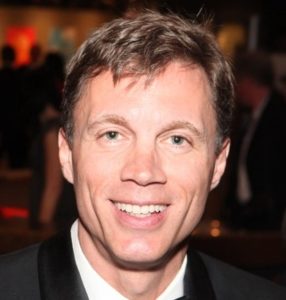No more charges in B.C. Legislature scandal, according to special prosecutors
Bob Mackin
Special prosecutors David Butcher and Brock Martland announced Aug. 10 that they would press no more charges against B.C. Legislative Assembly senior staff after receiving the final report from RCMP investigators.
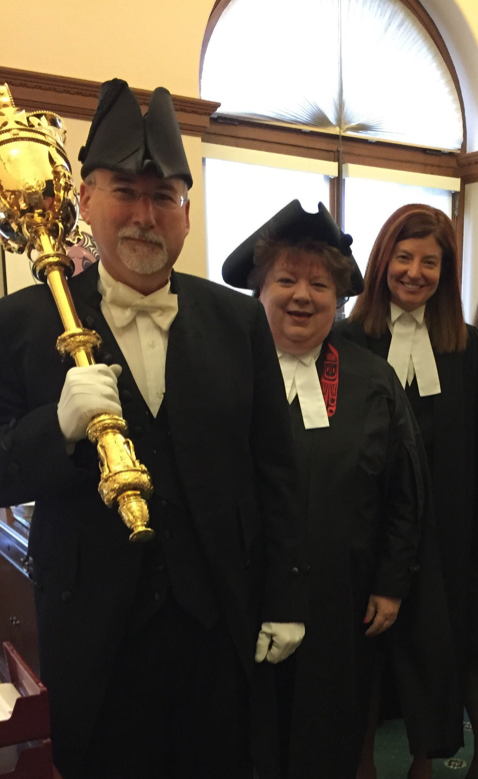
Retired-in-disgrace Sergeant-at-Arms Gary Lenz, (BC Leg)
Butcher and Martland are not issuing any further comment, but could release a clear statement once all court proceedings are wrapped-up. The B.C. Prosecution Service said in a prepared statement that any proposed charges did not meet the standard of substantial likelihood of conviction or public interest.
Ex-Clerk Craig James is the only person charged so far. He faces five counts of breach of trust by a public officer and fraud over $5,000. He is scheduled for trial before judge alone beginning Jan. 24, 2022 at the Law Courts in Vancouver.
James and Sergeant-at-Arms Gary Lenz were immediately suspended and escorted out of the Legislature on Nov. 20, 2018. On that day, British Columbians learned that then-Speaker Darryl Plecas had called the RCMP after he and his Chief of Staff Alan Mullen found corruption in the offices of the two, most-senior permanent officers at the seat of government.
Plecas, who was speaker from 2017 to 2020, released details and evidence of the spending scandal in early 2019.
James and Lenz both retired in disgrace later in 2019 after separate reports found they committed wrongdoing. They kept their pension entitlements, but they were not forced to repay taxpayers.
A source familiar with the investigation told theBreaker.news that investigators sought to question a former speaker and the current clerk.
Former BC Liberal aide Connor Gibson blew the whistle on expense irregularities in Linda Reid’s office. It was not the first time that the BC Liberal Party speaker from 2013 to 2017 came under fire for spending.
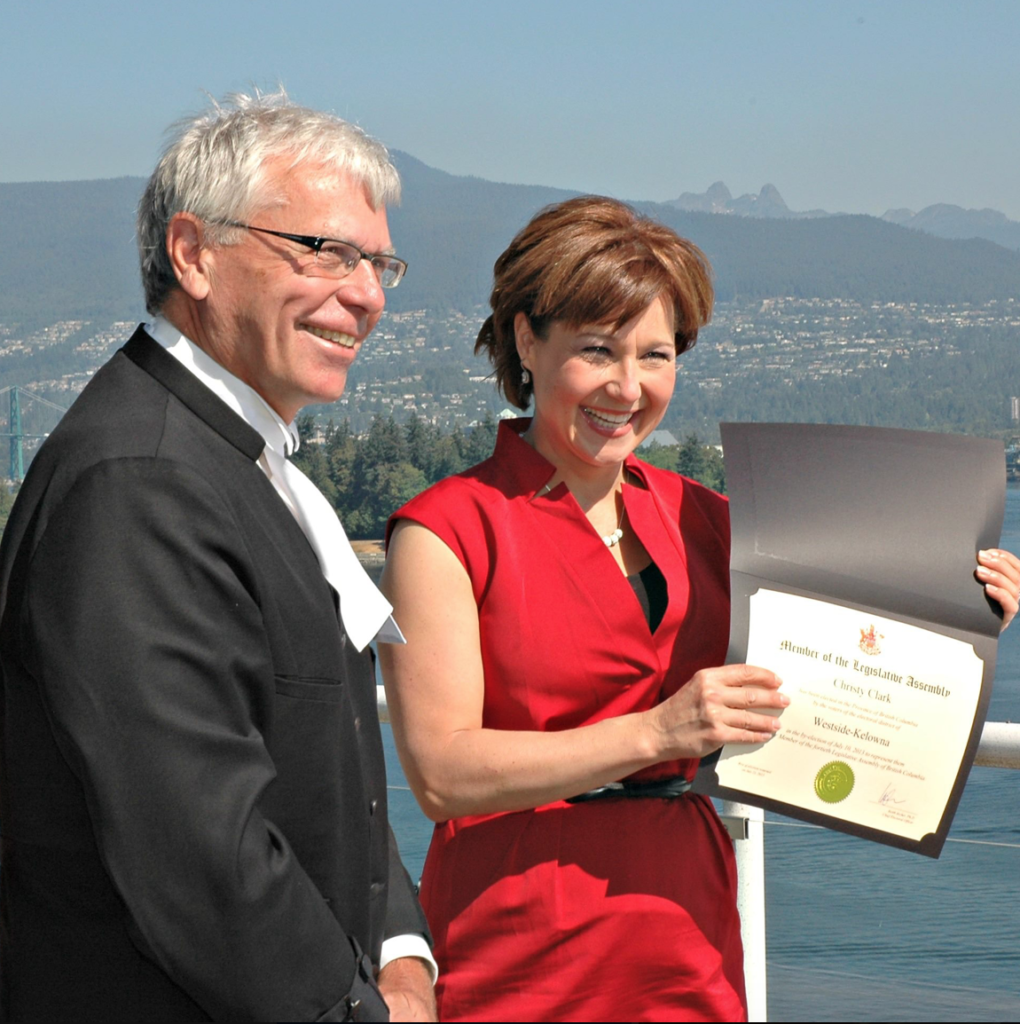
Clerk Craig James swore Christy Clark in as Westside-Kelowna MLA in 2013, near Clark’s Vancouver office. (Facebook)
In 2014, Reid’s Richmond riding office underwent $79,000 in renovations and she spent $60,000 on Legislature renovations, including a muffin case for MLAs. She also charged taxpayers more than $5,500 to bring her husband with her to a Commonwealth Parliamentary Association conference in South Africa.
After she was caught, Reid said she reimbursed the treasury. Despite numerous requests by this reporter, Reid has never showed proof of repayment.
James’s successor, Kate Ryan-Lloyd, took a lump sum $83,235.30 payment in February 2012 when James gave himself $257,000 under a so-called, long-service retirement allowance program.
However, Ryan-Lloyd had a change of heart, repaid the sum and incurred an extra $16,285 in income tax a year later. Her husband Ken is a senior manager at the Office of the Auditor-General.
Support theBreaker.news for as low as $2 a month on Patreon. Find out how. Click here.
Bob Mackin Special prosecutors David Butcher and Brock






